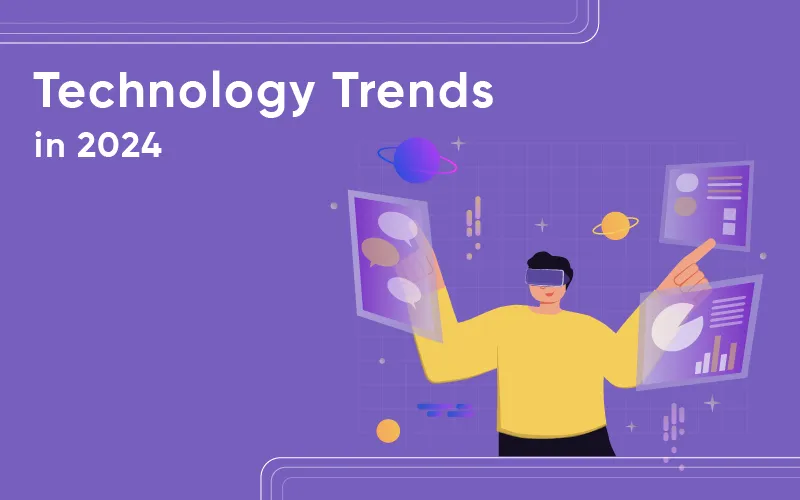Although blockchain technology is primarily associated with Bitcoin and other cryptocurrencies, its applications extend far beyond digital finance. This post will look at how blockchain’s secure, decentralized nature is transforming industries like supply chain management, where it ensures product authenticity, and healthcare, where it provides secure patient data management. Case studies will include Walmart’s use of blockchain for food safety and Estonia’s e-governance system that uses blockchain for transparent public services. We’ll also discuss how startups are leveraging blockchain to create decentralized apps (DApps) that could challenge traditional tech companies by providing more secure, user-centric alternatives.
- Supply Chain Transparency: Blockchain ensures the authenticity of products, allowing real-time tracking from origin to consumer (e.g., Walmart’s food safety tracking).
- Healthcare Data Security: Blockchain provides a secure and decentralized system for patient records, protecting data from unauthorized access and improving accuracy.
- Voting and E-Governance: Countries like Estonia use blockchain for transparent voting, minimizing fraud and enabling secure public service operations.
- Decentralized Apps (DApps): Startups leverage blockchain to create DApps, giving users more control over data without needing intermediaries like tech giants.
- Intellectual Property Protection: Blockchain can verify and timestamp digital assets, helping artists, writers, and musicians protect their work from copyright infringement.



